Subscribe for Newsletter
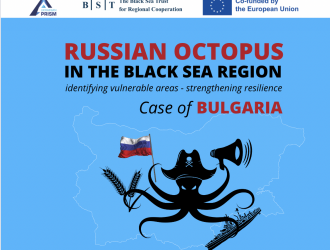
A significant part of Bulgarian elites and society has prerequisites for expressing loyalty to Russia.
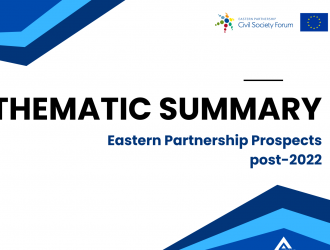
The progress of five EaP countries on their track to reach five key priorities of the policy beyond 2020
Topics: International organizations
Regions: Europe
Publications: EaP prospects of post-2022: Thematic Summary
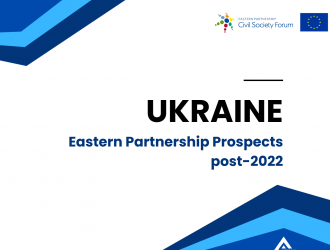
Since the inception of the EaP Ukraine has taken a special position on the policy and its bilateral and multilateral tracks. While acknowledging its European aspirations and interest in the development of bilateral cooperation with the European Union, official Kyiv expressed its reluctance to the multilateral track and overall EU’s approach towards copying Ukrainian-EU bilateral negotiation framework and applying it to the other partner states.

The EaP policy has generated a number of important results for Moldova. The signing of the Association Agreement in 2014, complemented by the implementation of the visa free regime and liberalization of exports towards the EU market, have greatly benefited the Moldovan economy and society.
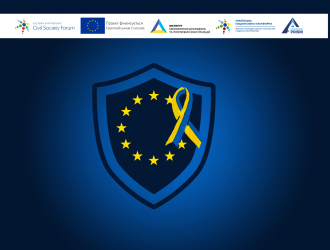
Чи достатні та адекватні кроки ЄС у сфері оборони, щоби зупинити агресора та забезпечити перемогу і спокій на континенті?

For the past years Georgia has been in a downward spiral vis-a-vis its European integration goals largely due to its deteriorating state of democracy, undermined rule of law and government’s reckless bashing of dissent.

Relations of the European Union with Azerbaijan are based on the principles of equality. Notwithstanding bilateral relations with the EU taking precedence over the course of history, the EaP Multilateral Platform expanded the scope of relations enabling Azerbaijan to exchange views on issues of mutual interests and launch various initiatives.
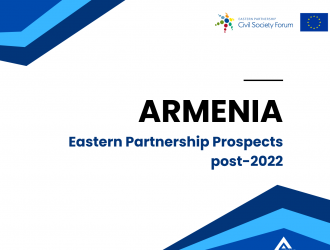
Among those who believe that Armenia is heading to a right direction 82% characterized EU-Armenia relations positively, while among those who believe that Armenia is heading to a wrong direction the percentage is much lower – 58%.
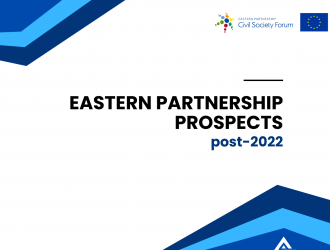
Nowadays, an analysis of what has been achieved within the framework of the Eastern Partnership, as well as its new conceptual setting, is desperately needed.

The rapid changes necessitated by the Russian aggression made the member states re-evaluate many of the provisions, and renegotiate the new Strategic Concept 2022 within an extremely short period.
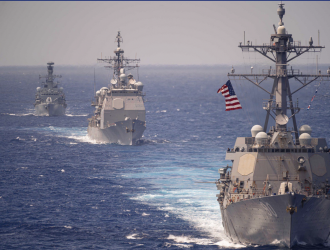
The policy paper is an outcome of collaborative research project about the Black Sea Security among scholars from Ukraine, Azerbaijan, and Georgia.

This commentary by Hanna Shelest looks at the future of Europe’s security architecture after the Russia-Ukraine war.


